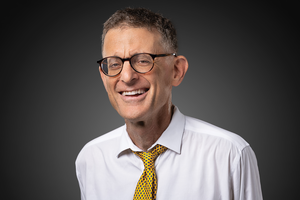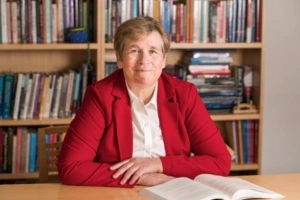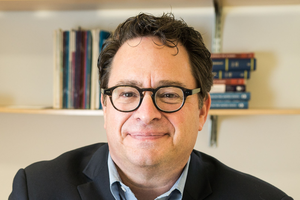Faculty Expert
-
Peter Eckel
Senior Fellow and Director of Leadership Programs, Penn AHEAD
Policy, Organizations, Leadership, and Systems Division
Who's going to fill the big chair at American universities after a coming wave of presidential retirements? Peter Eckel says boards have to think about meeting both urgent and long-term needs in their search.
While higher education institutions have been focusing on how to best and most safely educate students this fall, a longer-term challenge is on the horizon, Peter Eckel warns in Inside Higher Ed. “Presidents are under enormous strain as they work to find individual solutions to a collective set of problems,” he writes, pointing to a wave of retirements (both planned, delayed, and new due to increased stress).
As a result, the demand for university presidents may exceed the supply of qualified candidates. “The pool of potential presidents probably will shrink as provosts, deans and others will tire of this heavy lift, not be ready to pick up roots to move and want to avoid causing disruption at their current institutions,” says Eckel. Consequently, more targeted recruiting may be necessary… and a shortage of candidates may also lead to an increase in presidential compensation.
Role of Boards
Eckel is a Senior Fellow in Penn GSE’s Higher Education Division, who has studied college governance and advised university boards on how they should fulfill their mission. In upcoming searches, he suggests college boards don’t solely prioritize a candidate’s ability to start soon and navigate the crisis. Instead, boards will need to articulate presidential leadership needs for both the immediate and the longer term.
To learn more, read Eckel’s full piece on Inside Higher Ed.








